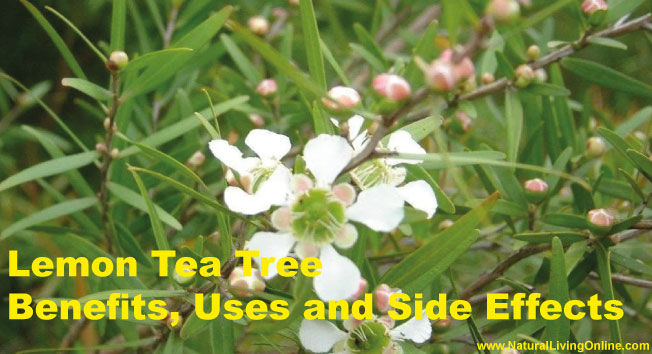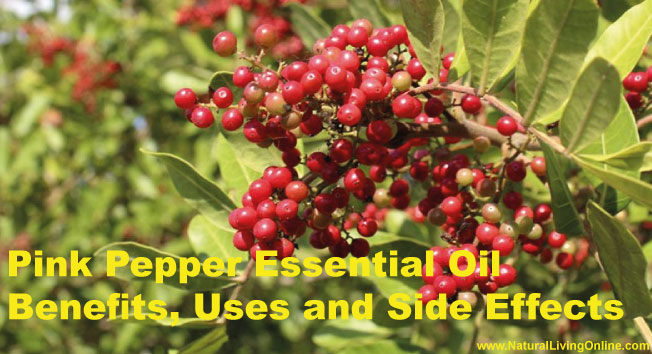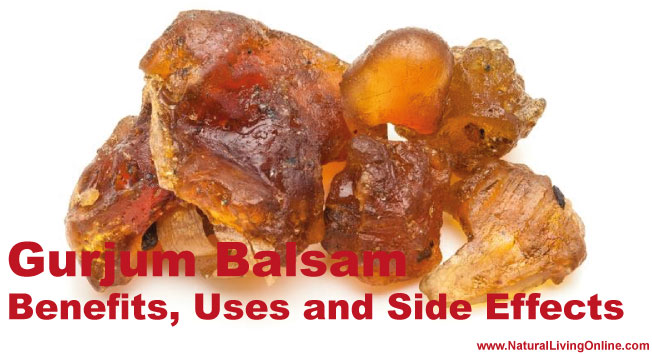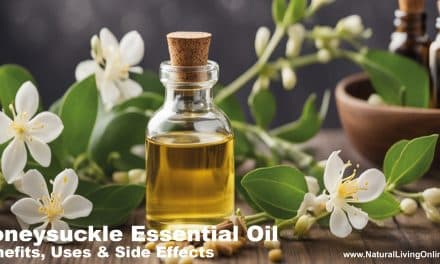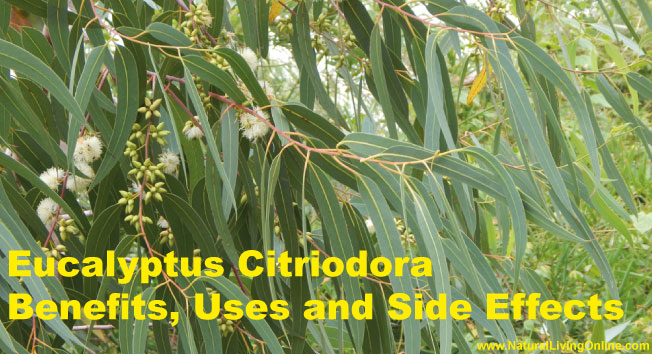Lemon tea tree (Leptospermum petersonii), also called Australian Rose, is a rare naturally occurring tree in Northern New South Wales. Lemon tea tree oil has a host of potential health benefits, including boosting the immune system, fighting infection and reducing inflammation. It’s also commonly used in aromatherapy to help alleviate stress and anxiety. It’s also used in a variety of ways, including as a natural remedy for colds and flu, as well as to soothe skin conditions like acne and eczema.
Essential Oil Profile / Monograph
Botanical Name: Leptospermum petersonii
Common Names: Lemon tea tree, lemon-scented tea tree
Plant Family: Myrtaceae
Countries of origin: Australia
Extraction Method: Steam distillation
Parts Used: Leaves and twigs
Essential Oil smell: Lemony, fresh, herbaceous
Essential Oil Color: Clear to pale yellow
Viscosity: Medium
Perfumery Note: Top
Strength of Aroma: Strong
Blends Well With: Bergamot, cedarwood, citronella, geranium, ginger, lavender, orange, rosemary
Therapeutic Properties: Anti-inflammatory, antimicrobial, antiseptic, antiviral, decongestant, digestive, diuretic, expectorant
Uses: Acne, anxiety, colds and flu, coughs, digestion issues, eczema, fatigue, headaches, immune support
Contraindications: There are no known interactions between lemon tea tree oil and medications. However, as with any essential oil, it’s always best to consult a healthcare professional before using lemon tea tree oil if you’re taking any medications.
Side Effects: Lemon tea tree oil is generally considered safe when used properly. However, it can cause skin irritation in some people. If you experience any negative side effects, discontinue use and consult a healthcare professional.
Chemical Constituents:
Linalool (30-48%), terpinen-4-ol (16-20%), a-terpineol (8-12%), 1,8-cineole (6-9%), limonene (5.5-7.5%), trans–ocimene (3-5%), p-cymene (2.5-4%), myrcene (1-2.5%)
Frequently Asked Questions
What is Lemon Tea Tree?
Lemon Tea Tree is an essential oil derived from the lemon-scented gum tree. It’s used in a variety of ways, including as a natural remedy for colds and flu, as well as to soothe skin conditions like acne and eczema.
What are the benefits of Lemon Tea Tree Essential Oil?
Lemon tea tree oil has a host of potential health benefits, including boosting the immune system, fighting infection and reducing inflammation. It’s also commonly used in aromatherapy to help alleviate stress and anxiety.
What are ways to use Lemon Tea Tree Essential Oil?
There are a number of ways to use lemon tea tree oil, including diffusing it, applying it topically, and taking it internally.
How can I use Lemon Tea Tree Essential Oil internally?
Lemon tea tree oil can be taken internally by adding a few drops to a glass of water ortea. It can also be added to homemade cleaning products, such as all-purpose cleaner or dish soap.
How can I use Lemon Tea Tree Essential Oil topically?
When applied topically, lemon tea tree oil should be diluted with a carrier oil such as jojoba oil or coconut oil. It can then be applied to the skin, used in a compress, or added to a bath.
Diffuser blends for aromatherapy with Lemon Tea Tree Essential Oil:
1. Diffuse lemon tea tree oil on its own or with a citrusy essential oil, like grapefruit or orange, to boost your mood and increase alertness.
2. Add a few drops of lemon tea tree oil to your diffuser blend to help fight off colds and flu.
3. Create a relaxing and calming atmosphere in your home by diffusing lemon tea tree oil with lavender or chamomile.
4. Energize your space by diffusing lemon tea tree oil with peppermint or rosemary.
5. Diffuse lemon tea tree oil with ginger or cardamom to help settle an upset stomach or relieve nausea.
6. Soothe achy muscles by diffusing lemon tea tree oil with eucalyptus or balsam fir.
7. Combat seasonal allergies by diffusing lemon tea tree oil with lemon balm or basil.
How can I use Lemon Tea Tree Essential Oil in bath?
Add a few drops of lemon tea tree oil to your bathtub for a relaxing and rejuvenating experience. You can also add other essential oils, like lavender or chamomile, to create an aromatherapy experience.
Historical use of Lemon Tea Tree as a herbal medicine:
Lemon tea tree has been used medicinally for centuries. It was traditionally used to treat colds and flu, as well as skin conditions like acne and eczema.
Is Lemon Tea Tree Essential Oil safe for kids?
Yes, lemon tea tree oil is considered safe for children when used properly. However, it should always be diluted with a carrier oil before being applied to the skin.
Can Lemon Tea Tree Essential Oil be used on pets?
Lemon tea tree oil can be used on pets, but it should always be diluted with a carrier oil before being applied. It’s also important to avoid diffusing lemon tea tree oil around pets, as they can be sensitive to its scent.
5 DIY recipes using Lemon Tea Tree Essential Oil:
1. Homemade All-Purpose Cleaner: Combine 1 cup of water, ¼ cup of white vinegar, 2 tablespoons of lemon juice, and 20 drops of lemon tea tree oil in a spray bottle. shake well and use as needed.
2. DIY Dish Soap: Combine 1 cup of liquid castile soap, ½ cup of water, ¼ cup of white vinegar, and 20 drops of lemon tea tree oil in a foaming pump dispenser. shake well and use as needed.
3. Lemon Tea Tree Body Wash: Combine 1 cup of liquid castile soap, ½ cup of aloe vera gel, ¼ cup of honey, and 20 drops of lemon tea tree oil in a foaming pump dispenser. shake well and use as needed.
4. Immune-Boosting Diffuser Blend: Combine 3 drops of lemon tea tree oil, 2 drops of rosemary oil, and 2 drops of eucalyptus oil in a diffuser and run for 30 minutes.
5. Seasonal Allergy Relief Diffuser Blend: Combine 3 drops of lemon tea tree oil, 2 drops of lemon balm oil, and 2 drops of basil oil in a diffuser and run for 30 minutes.
References:
This website does not provide medical advice.
All information provided on this website, and on associated social media networks, including but not limited to texts, images, and numbers are for general information purpose only. It is not intended as medical advice and it does not include all possible precautions, side effects, or interactions that may occur. Neither NaturalLivingOnline.com nor its author/founder take responsibility for how you use this information. Statements contained on NaturalLivingOnline.com have not been evaluated by the FDA. You should conduct thorough research via multiple sources and consult your physician or qualified doctor before using any essential oil or herbal remedy. Information on NaturalLivingOnline.com must not be relied upon for medical, legal, financial or other decisions.

